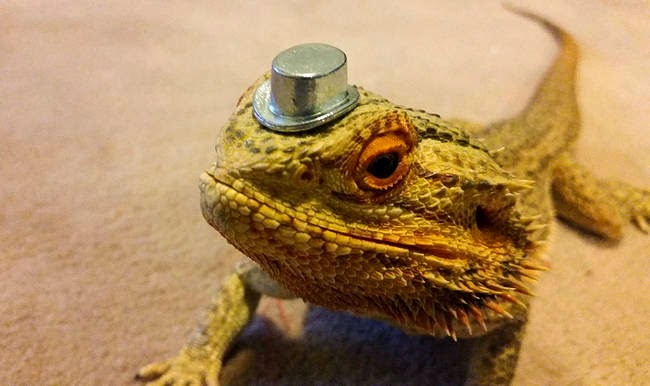All You Need to Know About Your 2 Week Old Bearded Dragon
Your Bearded Dragon at 2 Weeks: Everything You Need to Know
Bearded dragons make great pets, and they’re relatively easy to care for once you know the basics. If you’re adopting a bearded dragon for the first time, you might feel a bit overwhelmed – especially when it comes to caring for a newborn. In this guide, we’re going to tell you everything you need to know about caring for your 2 week old bearded dragon.
Physical Characteristics
At two weeks of age, your bearded dragon will likely measure around two inches in length from snout to vent. They’ll still have their egg teeth, small but sharp teeth that help them break free from their shells. Baby bearded dragons have a flattened appearance, with a round head and a swollen-looking belly. They should have clear eyes and firm skin, free of any mites or parasites.

Housing your Baby Bearded Dragon
It’s important to keep your baby bearded dragon in a properly sized terrarium. A 20-gallon tank is suitable for a single baby bearded dragon. You’ll need to adjust the size of the tank as they grow. Make sure the tank has a basking area that reaches 100-105 degrees Fahrenheit and a cooler area that stays around 80 degrees. Be sure to provide a hide box as well as a freshwater dish and feeding dish.
Feeding your Bearded Dragon
At two weeks old, your bearded dragon will need to eat small, live insects. Pinhead crickets, small Dubia roaches, and small super worms are all appropriate choices. You’ll also need to provide calcium and vitamin supplements to ensure your baby bearded dragon is getting all the nutrients they need.
Health Concerns
While baby bearded dragons are generally hardy, there are a few common health concerns to keep an eye out for. Dehydration is a common issue, so be sure to keep their water dish full at all times. Impactions can occur if your bearded dragon eats anything that it shouldn’t (like loose substrate or insects that are too large). Signs of impaction typically include lethargy, lack of appetite, and bulging in the belly.
Conclusion
Taking care of a 2 week old bearded dragon requires a bit more attention than caring for an adult, but it’s not difficult. As long as you keep their housing clean and properly set up, feed them the correct diet, and keep an eye out for any health issues, your baby bearded dragon should grow up healthy and happy.
